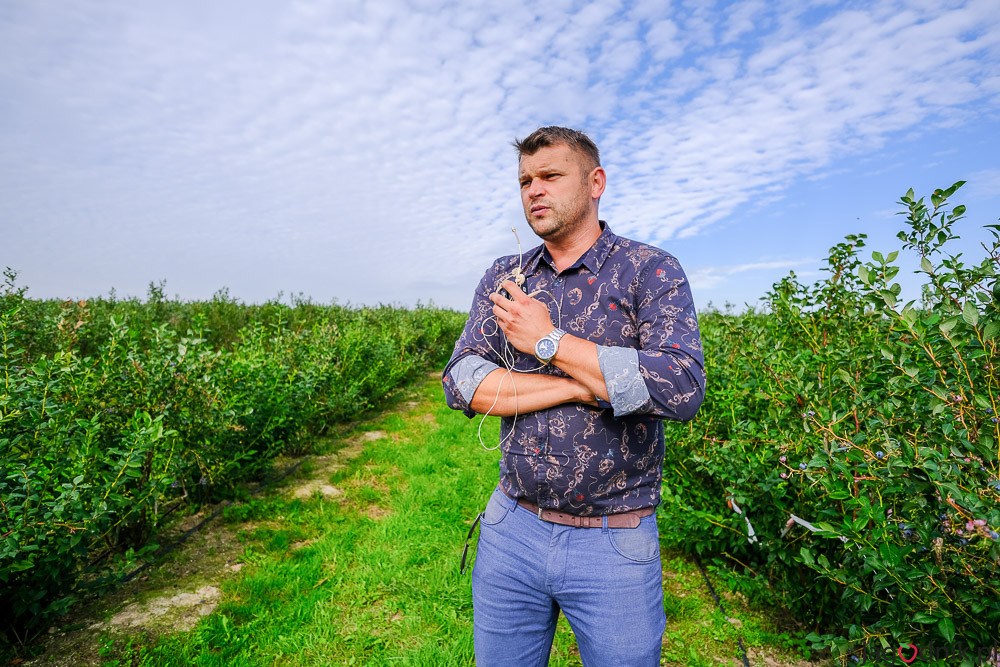In Huelva (Spain), berry cultivation is booming. However, this is leading to increasing problems of fair working conditions and water supply.
German food chains buy their strawberries, raspberries, blackberries and blueberries almost exclusively from the Spanish province of Huelva in Andalusia. This has consequently led to a massive expansion of berry production in recent years. And this leads to increasing problems: for example, illegal wells and prohibited irrigation, as well as the failure to pay farm workers fairly, are indeed a big problem.
Although people keep saying that everything will change, "nothing changes", says Pepa Suárez, a Spaniard who has been fighting for years to improve conditions for strawberry pickers in the seaside town of Mazagón, in the province of Huelva. "About 3,500 North Africans live here in shacks because they don't have access to cheap short-term accommodation while they work here," says the Andalusian, who helps people with food and medical care on behalf of the Asociación Multicultural de Mazagón organisation.
In Huelva [in December] new strawberry plants are being planted and plastic sheeting is being put up to protect the plants in winter. While mainly men are at work here, mainly Moroccan women are used for strawberry picking in February/March. Wages are mostly below the average Spanish wage and overtime is usually not included.
AGRICULTURE THREATENS THE DOÑANA NATURAL PARK
Meanwhile, another problem of intensive berry production in Spain is the sharp increase in water consumption. Huelva is home to the 'Coto de Doñana' natural park, one of the most important wetlands in Europe and very important for migratory birds. Future forestry engineer Alvaro Bernat Müller, who studies and works in Huelva, demands a nitrate or emission footprint on products.
Because of the growing problems, even German discounters are now under pressure. Aldi, Lidl and other German supermarkets are the main buyers of raspberries, blackberries and blueberries from Huelva. "We demand that our suppliers and their producers comply with Aldi Nord's corporate responsibility policy," says the German office. Aldi Producer Assessments (APA), which set guidelines for social and environmental standards, pay particular attention to production conditions in their respective countries.
German food companies have appointed independent external service providers to ensure compliance. In addition to monitoring social standards in production, they must also check environmental criteria such as careful use of water. "It is important for us to emphasise that we have been working successfully and confidently in the Huelva region for many years to improve the social and ecological conditions of fruit and vegetable growing," says Aldi Nord.
According to its own statements, the discounter will introduce by mid-2022 binding standards with a focus on water management for the 15 best-selling fruit and vegetable items from water-critical regions, including Huelva.
Source: Top-Agrar Online
Photo: Aerial view of the shantytown of Lepe, the largest and most populated shantytown in the province of Huelva (photo El Espanol)
Huelva's slums inhabited by migrant farm workers







